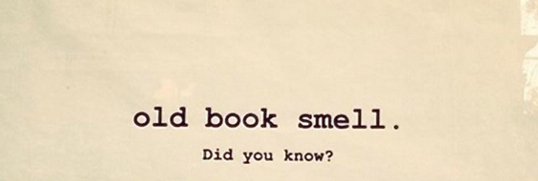So it turns out that Web 2.0 is just a marketing term. I thought it described a change in internet usability, but who am I to argue with Eric Schmidt? He’s so smart, in fact, that he can predict the landscape of of Web 3.0 without there ever having been a Web 2.0.
But seriously, pay attention to how Eric emphasizes how widget-style apps that are distributed through social networks will virally disseminate information that it takes from the cloud. What does this mean in plain English? No more websites as we know them, that’s what.
Simply put, websites will be nothing more than repositories within the cloud. It’s in this sense that it would be a semantic web. These smaller apps will be able to determine what information that is within the cloud is pertinent to both their purpose and yours. We’re talking about near-artificial-intelligence that determine the relevance of different information — hence the semantic facet. As Nicholas Carr noted nearly a year ago, this would kind of render search engines (as we know them) obsolete — and that goes for personalized search too.
Video via dMiracle.

I definitely feel that web 2.0 is something different than the old days of the internet. Now we users have so much more control over content. That’s why having more control over content is not really where I think web 3.0 will develop. I think it’s going to be more how data gets parsed. Maybe without standards. Who knows.
Thanks for the link love.
i love how mr schmidt put himself and google right in the middle of where the web is going.
Yeah, well, if I was Larry Page or Sergey Brin, for what Eric cost me, I’d expect him to do as much.
But seriously, Google is only a big deal in a middle man kind of way like the record lables are. As the gate keeper between the artists and the fans, the record labels might make more money than anyone else, but it’s the music and the artists that are remembered and go down in history.
It’s the same thing with Google. They might be revolutionizing how information and human knowledge is indexed, but their contribution to that knowledge base is limited to the indexing process. That might be paramount in the world of business, but in the grand scheme of human history, it’s ancillary — that is, of course, until Google manages to control history by owning the copyrights to it, but that’s another thing altogether.